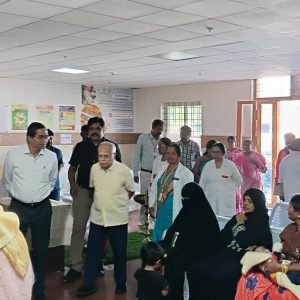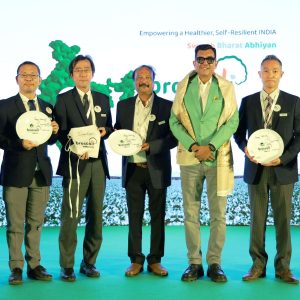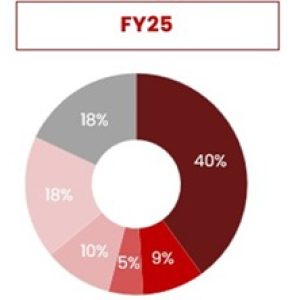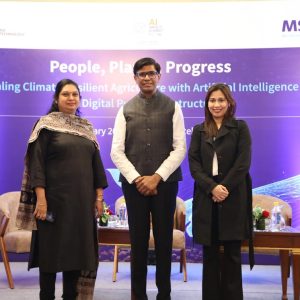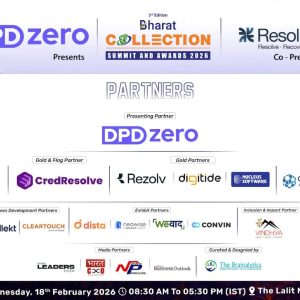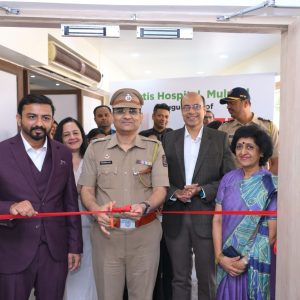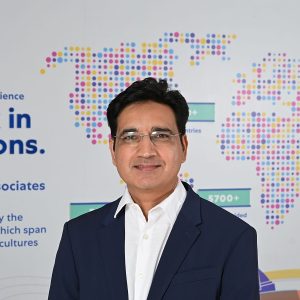At a conference held by New Delhi on April 28, the defence ministers of India, Russia, China, and other SCO members discussed current security problems in the area and related topics.
The general state of affairs in Afghanistan will likely be reviewed at the conference, which will be presided over by Defence Minister Rajnath Singh.
India sees the SCO as a crucial organisation for fostering member-state defence cooperation. In his opening remarks, Mr. Singh stated that his country wanted to “further strengthen the spirit of trust and cooperation among the members of the SCO.”
The meeting in Delhi is being attended by the Chinese Defence Minister Li Shangfu, Sergei Shoigu of Russia, Colonel General Sherali Mirzo of Tajikistan, Brigadier General Mohammad Reza Gharaei Ashtiyani of Iran, and Colonel General Ruslan Zhaksylykov of Kazakhstan.
Khawaja Asif, the defence minister of Pakistan, was supposed to take part in the meeting virtually.
“This forum gives each of us the chance to voice our opinions, viewpoints, and concerns. This is a crucial forum where we can talk about our difficulties and come up with answers, according to Mr. Singh.
The discussions would mostly centre on regional security circumstances, notably the developments in Afghanistan, according to officials involved in the meeting’s prior planning.
One of the biggest transregional international groups, the SCO is a significant economic and security bloc.
The presidents of Russia, China, the Kyrgyz Republic, Kazakhstan, Tajikistan, and Uzbekistan established the SCO at a conference in Shanghai in 2001. In 2017, India and Pakistan were admitted as permanent members.
India joined the SCO as an observer in 2005, and since then, it has regularly taken part in its ministerial-level conferences, which largely discuss security and economic co-operation in the Eurasian region.
India has expressed a strong desire to strengthen its security-related cooperation with the SCO and its Regional Anti-Terrorism Structure (RATS), which focuses on security and defense-related problems.




